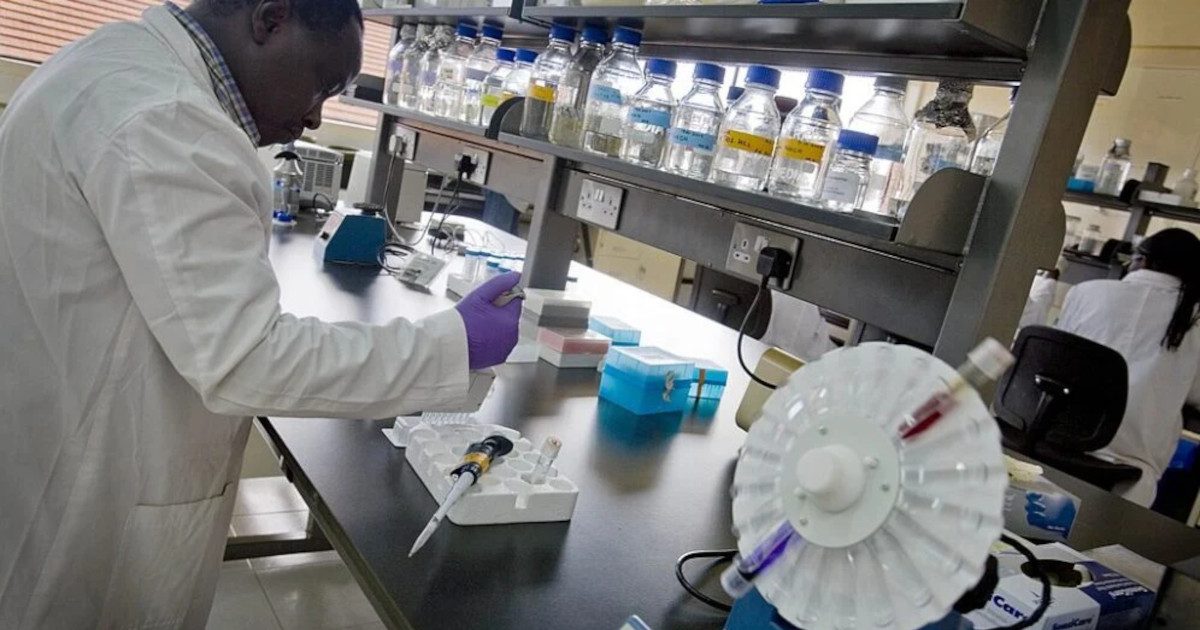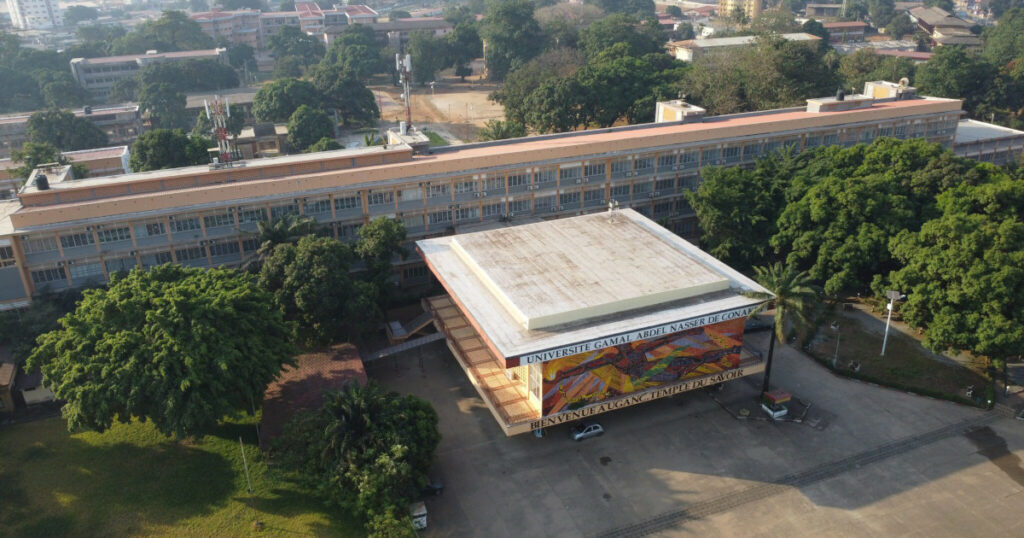African researchers must define their own topics and priorities in order to break free from the rest of the world
Under the theme “One Health”, the Second World Conference of Science Journalists held in Abidjan, Côte d’Ivoire, in June 2025, also reignited the debate on the decolonization of science in Africa through a panel entitled “Decolonizing science: strengthening scientific research in Africa.”
For the researchers who took part as panelists, it is not only necessary to think about decolonizing science or scientific research, but also to decolonize mindsets.
“I wonder if science in Africa has ever been colonized, because those we consider to be colonizers also learned from others. It is rather mindsets that need to be decolonized in order to produce more effective research in line with African circumstances and realities,” said Julien Coulibaly-Kalpy, a doctor and research fellow at the Pasteur Institute in Côte d’Ivoire.
Mobilizing endogenous funding
Following his remarks, other researchers on the panel acknowledged that the colonial past continues to taint scientific research in Africa today through curricula, the language of study, research priorities, and scientific research standards and rules.
In their view, if science in Africa appears to be colonized, it is largely because it is heavily dependent on external funding. To break free from this, several integrated actions are needed, starting with the mobilization of endogenous funding to advance science and research on the continent.
“We need to resolve the issue of research funding in Africa. As long as we continue to believe that the state should do everything, we will not move forward. We need to seek funding in our African countries, especially from the private sector. Today, public-private partnerships are trendy. Researchers need to seek out these partnerships in order to attract funding and move forward,” insists Julien Coulibaly-Kalpy.
In addition to private funding, this researcher calls on governments to increase their level of research funding. “In Côte d’Ivoire, as in many African countries, research funding is still below 1% of gross domestic product. We need to increase the share of public funding for research,” he urges.
But according to researchers, the independence of scientific research in Africa also requires significant improvements in governance.
“We need good governance, because today we lack it. We have many research institutes and training and research centers, but Africa has a problem with good governance, and I think we need to move towards good governance in order to succeed,” says Michelle Topé spouse Gueu.
According to this teacher-researcher at Félix Houphouët-Boigny University in Côte d’Ivoire, good governance in Africa would strengthen confidence in Africans and the solutions proposed by African researchers would be more readily accepted.
Breaking with imposed priorities
The decolonization of scientific research in Africa should be driven by a new approach that not only involves mobilizing endogenous funding but also developing research areas tailored to African realities in order to break with imposed priorities.
“We need to review our research priorities. We need to do research on what is useful, what interests us, and not on what seems to be imposed on us and/or does not meet our needs,” insists Michelle Topé-Gueu.
According to Mame Penda Ba, editor-in-chief of the journal Global Africa, this requires eradicating colonialism from knowledge and research. To achieve this, she believes it is imperative to “reform schools and rethink teaching methods.”
These changes and the choice of new areas of research should be led by researchers at African universities, according to Célestin Désiré Meledje, a lecturer and researcher at Nangui Abrogoua University in Abidjan, Côte d’Ivoire.
“The decolonization of research in Africa must not come from states, but from universities. They must initiate strategic choices. When they do, states will follow, because a state invests where there is profitability. If a university demonstrates that what it offers is promising and profitable, the state will support it. Universities must therefore become true centers of strategy,” he argues.
According to him, “researchers must be able to accurately identify the real needs of populations in order to focus their efforts on research that can provide concrete solutions to the problems facing our societies.”
Communication
In addition, African researchers should similarly shed their inferiority complex towards researchers from northern countries. “We must not have an inferiority complex towards Western researchers. We must be able to explain to other researchers that Africans have their own process of knowledge production that best meets their needs and realities,” insists Michelle Topé-Gueu.
She believes that strengthening collaboration between African researchers from various disciplines also remains an important part of the process of decolonizing science in Africa.
To achieve independence for science in Africa, researchers believe that a boost is needed in terms of communication about research initiatives.
“Journalists are a great asset. If young people dream of becoming soccer players, it’s because they’ve seen players succeed. The same would be true for science. If we highlighted African researchers who are succeeding thanks to their knowledge, young people would want to follow in their footsteps. This is where journalists, especially science journalists, play a crucial role: showing that success through science is possible. In this sense, the work of journalists even precedes that of the state: they pave the way for politicians to follow,” says Dr. Célestin Désiré Meledje.
For researchers, science journalists must support researchers by popularizing research results and highlighting scientific advances made by Africans.
Charles Essodina Kolou
This article was published by SciDev.Net. It has been translated in english by Afriscitech.




